
Funded Projects 2017-2018
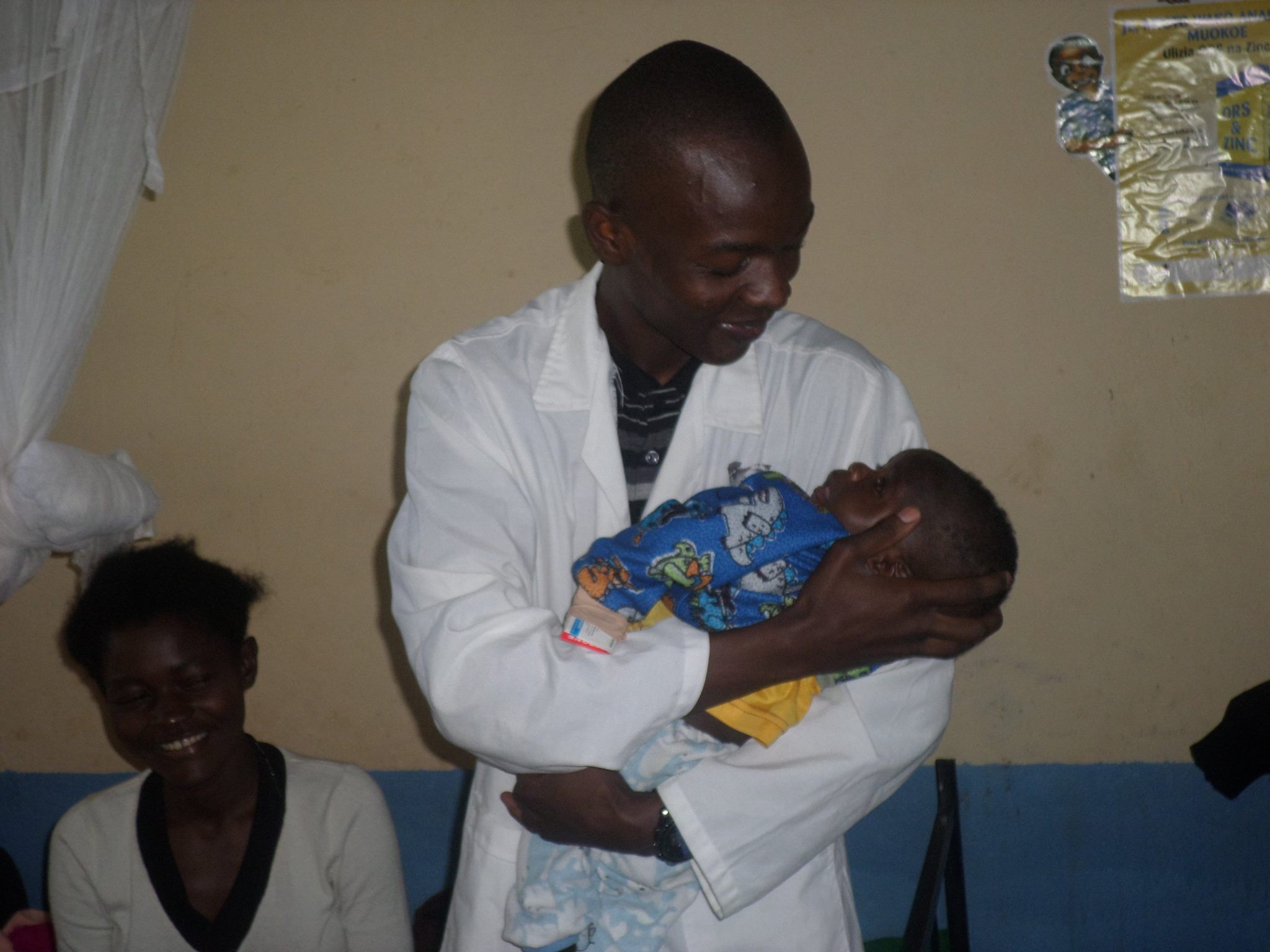
Community-based Nutrition Interventions for Awareness, Prevention and Treatment of Type 2 Diabetes in Comparative International Perspective
Over the past twenty-five to thirty years, epidemics of chronic diseases such as diabetes have emerged in the U.S. It is clear that changes in diet and reduced activity patterns are at the center of these epidemics. In the U.S., dietary shifts include increasing consumption of processed foods, refined grains, sugars, and animal products, and decreasing consumption of fruits and vegetables. Similar dietary shifts and epidemics are now a major threat to public health in many African countries, including Zanzibar (which is part of Tanzania) and Kenya. This project aims to conduct an interdisciplinary investigation into food cultures, nutrition and culturally appropriate public health interventions to combat Type 2 diabetes in Michigan, Tanzania, and Kenya, and aims to connect communities internationally to explore shared and divergent experiences with nutrition and diabetes.
Team Leader
Katherine Alaimo, Department of Food Science and Human Nutrition, College of Agriculture and Natural Resources
Team Members
Laura Fair, Department of History, College of Arts and Letters
Jack Hisard, MS student, Department of Food Science and Human Nutrition

Archaeology STEM Camp Pilot Project
The “Archaeology STEM Camp Pilot Project” will use S3 funding to run a two-day archaeology camp for 15 International Baccalaureate (IB) high school students on Michigan State University’s campus. Founded in 1968, the International Baccalaureate is a non-profit educational foundation that offers internationally respected curricula and programming. IB programs are growing in popularity, representing 90,000 students worldwide. All IB students are required to conduct research for and complete ad 4,000 word “extended essay.” The “Archaeology STEM Camp Pilot Project” will provide a unique hand-on experiential opportunity for IB students to learn about STEM and archaeology and gather data for their extended essay requirement. The success of this pilot will be determined through IRB teacher and student interest in the pilot and analysis of the pilot participants’ satisfaction surveys.
Team Leader
Stacey L. Camp, Department of Anthropology, College of Social Science
Team Members
Leigh Graves Wolf, College of Education
Lynn Goldstein, Department of Anthropology, College of Social Science
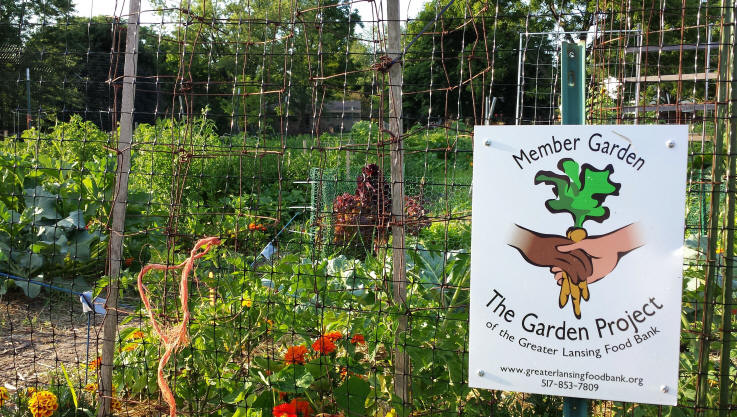
Urban Agriculture and Local Environmental Governance: A Greater Lansing Case Study
Our project explores how diverse food systems actors in Mid-Michigan—growers, community gardeners, farmers’ market managers, and state legislators—support resilient urban agriculture. We are interested in how these actors construct, maintain, and adapt to formal and informal rules and regulations governing urban agriculture, and which institutions either promote or inhibit resilience. The project is informed by Andrew Light’s (2003) conceptualization of urban ecological citizenship (Travaline & Hunold, 2010), which shares with accounts of stewardship its attention to how interaction with the land (both as physical environment and public space) cultivates the virtues requisite to sustain a resilient community. To explore this system relative to values and decision-making we will conduct pilot interviews across stakeholder groups and conduct a follow-up survey with a broader audience, which will provide insight into a) formal institutions and the ways they shape the governance system, b) informal institutions and coping strategies that actors craft and adopt, c) individual motivations and constraints for urban agriculture participation, d) the relationships between participants, e) the factors that promote and inhibit participants’ engagement with urban agriculture, f) the social, ecological, and economic benefits urban agriculture participants associate with their participation, and g) the governance system of urban agriculture in the greater Lansing area. These data will be used to assess the relationship between individual and community resilience and urban agriculture in the greater Lansing area.
Team Leader
Lissy Goralnik, Department of Community Sustainability, College of Agriculture and Natural Resources
Team Members
Maria Claudia Lopez, Department of Community Sustainability,College of Agriculture and Natural Resources
Julie Libarkin, Department of Earth and Environmental Science, College of Natural Science
Zach Piso, Department of Philosophy and Department of Community Sustainability, College of Arts and Letters and College of Agriculture and Natural Resources

Hidden Value: Investigating the Physics Demonstration as Aesthetic Experience
Physics demonstrations have a rich history both in and outside the classroom. In this project, we seek to better understand the value and meaning of these events. Evaluations of demos have traditionally focused on their ability to facilitate comprehension and retention of information; however, in this context, we seek to examine them as meaningful interactions between demonstrators and audiences. This is part of a larger project to develop an approach to science communication research that shifts the focus from knowledge transfer to experience. This “experience model” describes communication not as a transmission, but rather, as a complex interaction, steeped in cultural and personal context, made meaningful through interpretation and reflection. We focus on one-time outreach events that are based around science demonstrations, which are the most prevalent type of university-facilitated science communication programs, and are especially ubiquitous in physics outreach. In prior work, science demonstrations have been characterized as unsuccessful based on evaluation of knowledge transfer alone. Despite this, demonstrations are still used in many classrooms and throughout museums and other informal learning arenas. Excitement around demonstrations from those who conduct the demonstrations and their audiences suggests that, whether or not information is transferred or retained, there is something meaningful happening. We will observe and interview both the demonstrators and audiences of physics demonstrations to 1) ascertain what about them is meaningful 2) to articulate the idea of the demonstration as an experience, and 3) to develop a framework for creating and evaluating demonstrations using the experience model. This new view of the demonstration can help make visible the hidden dimensions of this long-standing tradition within formal and informal physics learning.
Team Leader
Kathleen Hinko, Physics and Astronomy Department, College of Natural Science and Lyman Briggs College
Team Members
Megan Halpern, Lyman Briggs College and Residential College in the Arts and Humanities
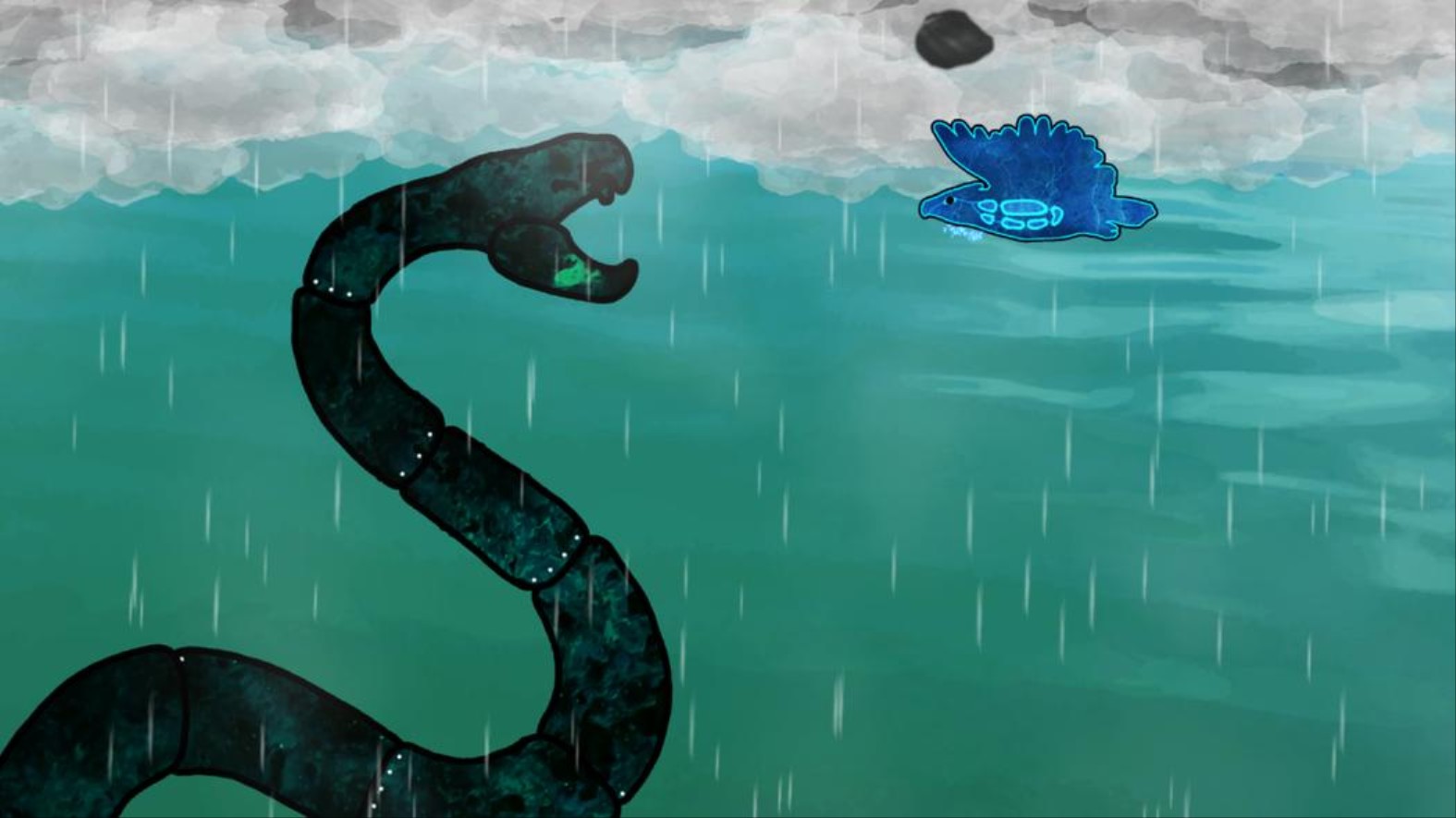
Generative Generations STEAM Video Game Development Program for Indigenous Youth
Generative Generations is a STEAM video game development program for Indigenous youth. It will provide youth with workshops to create their own Science, Technology, Engineering, Arts and/or Math (STEAM) themed video games. The workshops will be held in partnership with the Indigenous Youth Empowerment Program. The study will examine Indigenous youth engagement in, and perceptions of, video game development and STEAM learning opportunities.
Team Leader
Elizabeth LaPensée, Department of Media and Information and Department of Writing, Rhetoric, and American Cultures, College of Communication Arts and Sciences and College of Arts and Letters
Team Members
Christie Poitra, Native American Institute, College of Agriculture and Natural Resources
Estrella Torrez, Residential College in the Arts and Humanities and College of Arts and Letters

The Development of a Mobile Application to Accurately Assess Individual Social Media Use
Adolescent use of social media in the United States is at an all-time high, with 94% of 13-17 year olds self-reporting use of at least one online social networking platform. This ubiquitous adoption of social networking by adolescents has coincided with a dramatic drop in adolescent drug use; NIDA’s Monitoring the Future survey demonstrates a reduction in overall adolescent drug use since the late 90’s when social networking platforms were introduced. The inverse correlation between these self-reported measures has motivated a theory that adolescents have replaced substance/drug reinforcers with the social reinforcers found on social media sites. Unfortunately, with current technology, researchers depend on self-reported social media use and have no way to accurately assess the amount of individual, mobile social media use across platforms. To address this, we plan to develop an app that study participants can install on their mobile phones—this app will record the time and duration of each instance of a person’s social media use (Instagram, Snapchat, Facebook, etc.). This data will allow us to investigate the above-proposed relationship between online social networking use and substance use in adolescents.
Team Leader
Dar Meshi, Department of Advertising and Public Relations, College of Communication Arts and Sciences
Team Members
Mi Zhang, Department of Electrical and Computer Engineering, College of Engineering
Isaac Record, Lyman Briggs College

Digital rehabilitation: A pilot study of Information and Communication Technology (ICT) in the prisoner reentry process
This project examines how information and communication technologies (ICTs) do and could feature in parolees’ reentry processes. We will examine the types of ICTs parolees use, barriers to access and use, and ICTs needed in the reentry process by conducting qualitative focus groups parolees across a number of reentry centers in Michigan. We will use a semi-structured approach to ask questions about use, use barriers, and the kinds of ICTs parolees need during the reentry process to access healthcare, housing, employment, personal relationships, and other topics that come up in the focus groups. We will also conduct in-depth semi-structured interviews with parole officers to gain insight into the most important issues for parolee ICT access and use. Similar to the focus groups, the topic guides for these interviews will revolve around core problems that parolees experience during reentry, and other topics that parole officers mention in these interviews. The results from this study will be a core tool in developing an ICT intervention that teaches parolees digital skills and how to use ICTs as a resource to make the reentry process successful.
Team Leader
Bibi Reisdorf, Department of Media and Information, College of Communication Arts and Sciences
Team Members
Jennifer Cobbina, School of Criminal Justice, College of Social Science
R. V. Rikard, Department of Media and Information, College of Communication Arts and Sciences
Thomas Holt, School of Criminal Justice, College of Social Science
Sheryl Kubiak, School of Social Work, College of Social Science
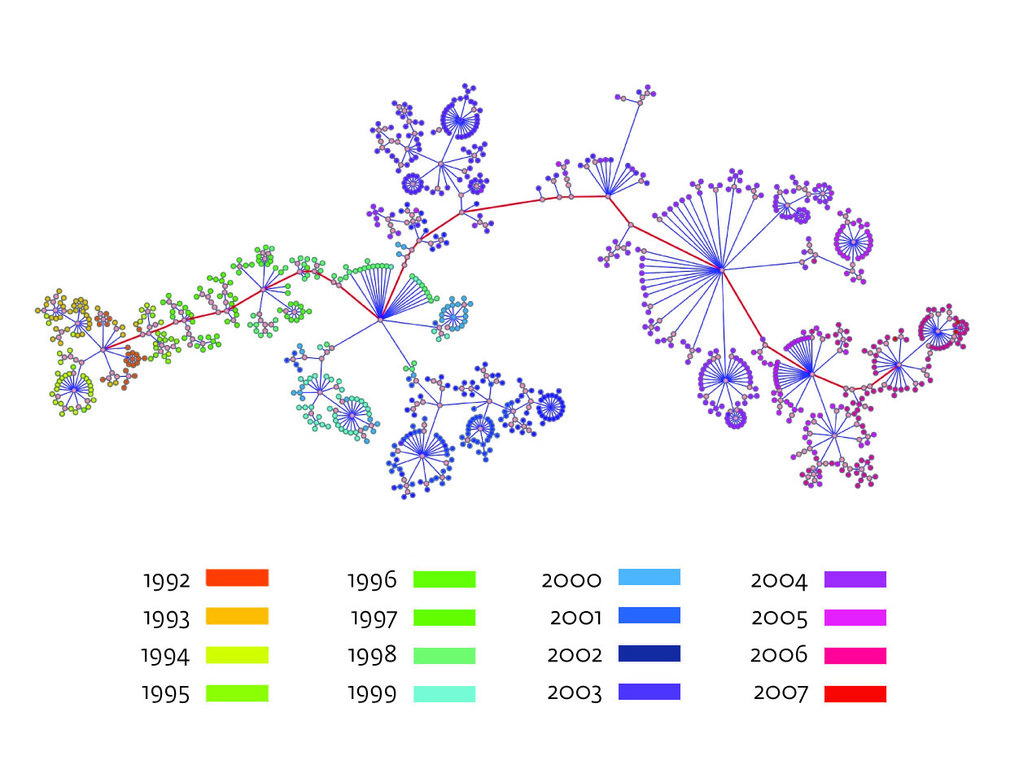
Evo-Med-Ed: Integrative Cases for Evolutionary Medicine Education
Evolution involves a cascade of processes operating at different biological scales; a deeper understanding of these processes gives students a richer understanding of the basis for many medical conditions. Typically, students learn about evolution through disconnected examples of evolutionary processes at the individual and population level. Our work with the Evo-Ed Cases has shown the superiority of a case-based approach (White et al., 2015). The work proposed in our S3 Project will lead to the development of a set of Evo-Med-Ed Cases, providing an approach to infusing evolutionary concepts into pre-medical education. The Evo-Med-Ed Cases will operate at the intersection of evolutionary biology and social science, two competencies increasingly needed within health care professions. This unique and innovative perspective will equip students with the tools to understand and address complex problems such as opioid addiction, obesity, mental illness, and zoonotic disease. We hypothesize that an evolutionary medicine case-based approach will lead students to an enhanced interest in evolution and a richer knowledge of medical conditions.
Team Leader
Jim Smith, Department of Entomology, College of Natural Sciences and Lyman Briggs College
Team Members
Peter White, Department of Entomology, College of Natural Sciences and Lyman Briggs College
Rich Bellon, Department of History, College of Social Science and Lyman Briggs College
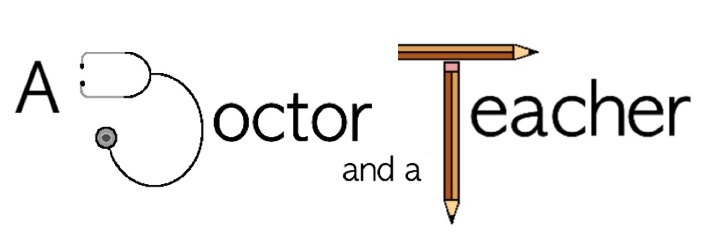
Developing Clinicians as Medical Educators: A Cross-College Collaboration to Improve Teaching Effectiveness of Physicians as Teachers
The purpose of this study is to engage STEM/medical educators in inquiry around their teaching in order to improve clinician teaching in small groups. In the new Shared Discovery Curriculum in the College of Human Medicine, clinicians facilitate weekly small groups of medical students to promote discovery learning structured around patient chief complaints and concerns. In this study, the clinicians will meet in inquiry groups with teacher educators four times from December 2017-March 2018. During the study groups, the clinicians will learn ways to elicit student thinking, including questioning, think time, opportunities for talk, think aloud, scaffolding clinical reasoning, and responses to student ideas. Department of Teacher Education adjunct faculty will observe the fellows teaching and take detailed field notes and/or audio record excerpts as the clinicians try out the practices. The clinicians will then return to the subsequent study group to discuss their challenges and success. They will continue to learn new ways to elicit student thinking and repeat the cycle. Clinicians will also watch videos of master teachers from Lyman Briggs employing these strategies and a metacognitive exercise will be designed to encourage fellows to reflect on what they observe. This project will investigate and disseminate findings related to instructional change and challenges unique to teaching the science of medicine, benefits of collaboration among clinical faculty, and the ways in which clinicians use discussion based teaching to elicit student thinking. The planned outcome is to scale up the number of participants involved in order to study teaching practice and student learning outcomes. Teaching materials will also be created and disseminated as part of the project.
Team Leader
Randi Stanulis, Office of Medical Education, Research, and Development and Department of Teacher Education, College of Human Medicine and College of Education
Team Members
Stacey Pylman, Office of Medical Education, Research, and Development, College of Human Medicine
Arthur Ward, Lyman Briggs College
Zakia Alavi, College of Human Medicine

Cultivating Newsroom Expertise Through Creative Partnerships Between Journalists and Emerging Scholars
This project embeds 6-7 MSU doctoral students at the Lansing State Journal over the course of 2018 to work on stories related to their research that will be published in the paper. Throughout the year, project participants at MSU and the State Journal will create interdisciplinary teams of journalists, scientists, historians, and the resulting collaborations will be a unique opportunity for professional development for the individuals involved. This project addresses two pressing social problems: funding for reporting has been declining within many news organizations, and fact-based reporting on science has had difficulty reaching the wide public audience it needs. Daily newspapers, which retain a democracy of distribution, are ideal venues for the dissemination of good and well-researched science journalism. For MSU participants, this project offers a way of demonstrating the innovative ways that MSU is expanding graduate education beyond traditional curricula.
Team Leader
Michael Stamm, Department of History, College of Social Science
Team Members
Stephanie Watts, Department of Pharmacology and Toxicology, College of Human Medicine and The Graduate School (Associate Dean)
Julie Rojewski, The Graduate School
Matthew Miller, The Lansing State Journal
